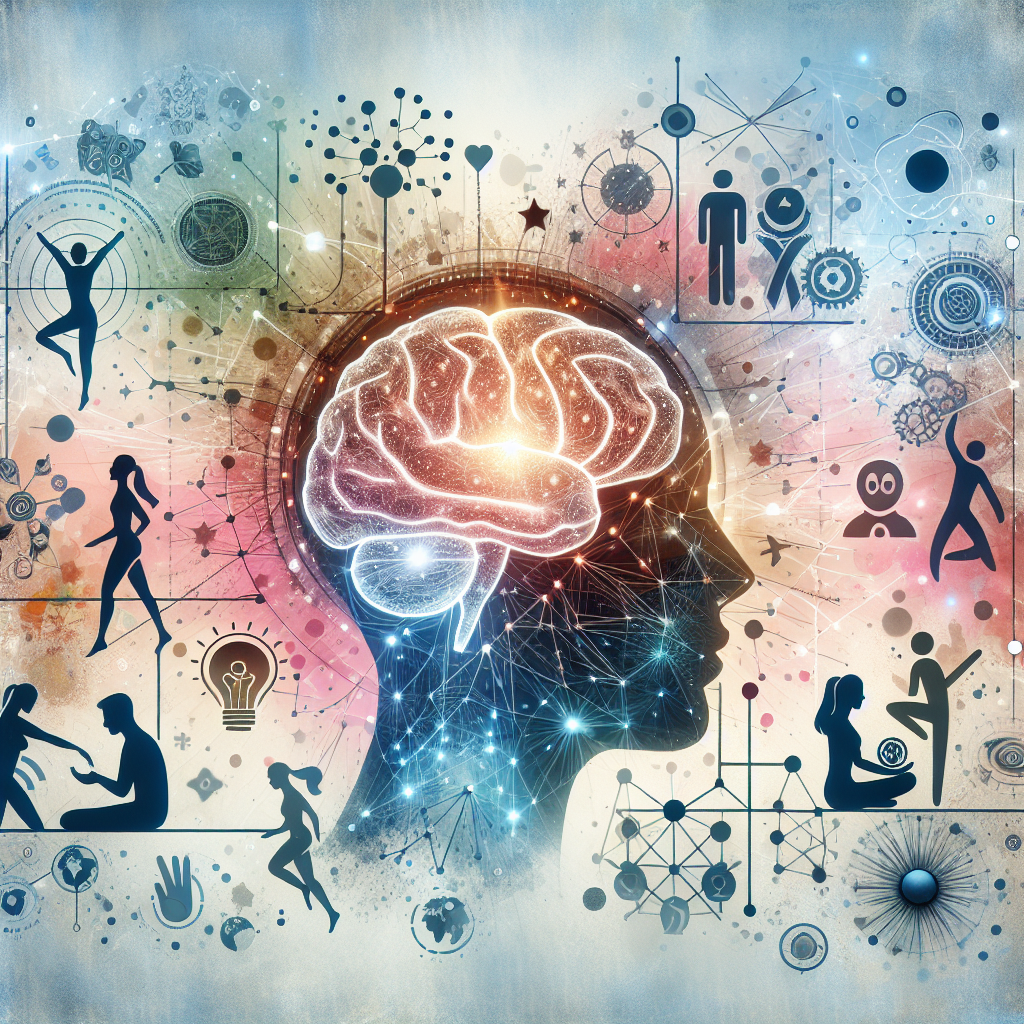Mastering Emotional Intelligence: Practical Strategies for Enhancing Your Interpersonal Skills
Emotional intelligence, often referred to as EQ, is the ability to understand, manage, and express one’s emotions effectively. It is a key factor in building strong relationships, both in personal and professional settings. Individuals with high emotional intelligence are able to navigate social situations with ease, understand the emotions of others, and communicate effectively. This article will explore practical strategies for enhancing your interpersonal skills through mastering emotional intelligence.
Understanding Emotional Intelligence
Emotional intelligence is made up of four key components: self-awareness, self-regulation, social awareness, and relationship management. Self-awareness is the ability to recognize and understand your own emotions, while self-regulation involves managing and controlling your emotional responses. Social awareness is the ability to understand the emotions and perspectives of others, and relationship management involves using this understanding to build and maintain strong relationships.
One of the first steps in improving emotional intelligence is developing self-awareness. This involves paying attention to your emotions and understanding how they impact your thoughts and actions. Keeping a journal, practicing mindfulness, and seeking feedback from others can all help improve self-awareness. Once you understand your own emotions, you can begin to work on self-regulation, which involves managing your emotional responses in a healthy and constructive way.
Practical Strategies for Enhancing Emotional Intelligence
1. Practice active listening: One of the most important aspects of emotional intelligence is the ability to listen effectively. Practice active listening by giving your full attention to the speaker, asking clarifying questions, and reflecting back what you have heard. This shows that you value the other person’s perspective and helps to build trust and rapport.
2. Develop empathy: Empathy is the ability to understand and share the feelings of others. To develop empathy, try to put yourself in the other person’s shoes and imagine how they are feeling. Show empathy by validating their emotions, offering support, and being sensitive to their needs.
3. Manage stress: Stress can have a significant impact on emotional intelligence, making it difficult to manage emotions and communicate effectively. Practice stress management techniques such as deep breathing, exercise, and relaxation exercises to help keep your emotions in check and improve your interpersonal skills.
4. Build positive relationships: Strong relationships are built on trust, respect, and open communication. Take the time to invest in your relationships by being honest and authentic, showing appreciation for others, and resolving conflicts in a constructive way. Building positive relationships will not only enhance your emotional intelligence but also contribute to your overall well-being.
5. Practice assertiveness: Assertiveness is the ability to express your thoughts and feelings in a clear and respectful manner. Practice assertiveness by using “I” statements, setting boundaries, and standing up for yourself when necessary. Assertive communication can help you to be more confident and assertive in your interactions with others.
FAQs
Q: Can emotional intelligence be learned?
A: Yes, emotional intelligence can be learned and developed over time. By practicing self-awareness, self-regulation, social awareness, and relationship management, individuals can improve their emotional intelligence skills and enhance their interpersonal relationships.
Q: How can I improve my social awareness?
A: To improve social awareness, try to pay attention to the emotions and body language of others, listen actively, and practice empathy. Seeking feedback from others and working on your communication skills can also help to enhance your social awareness.
Q: What are the benefits of mastering emotional intelligence?
A: Mastering emotional intelligence can lead to a variety of benefits, including improved communication skills, stronger relationships, increased resilience, and greater success in both personal and professional settings. Individuals with high emotional intelligence are better able to navigate social situations, manage conflict, and make informed decisions.
In conclusion, mastering emotional intelligence is a valuable skill that can enhance your interpersonal skills and improve your relationships with others. By developing self-awareness, self-regulation, social awareness, and relationship management, individuals can navigate social situations with ease, understand the emotions of others, and communicate effectively. Practice active listening, develop empathy, manage stress, build positive relationships, and practice assertiveness to enhance your emotional intelligence and become a more effective communicator. With dedication and practice, anyone can master emotional intelligence and reap the benefits of stronger relationships and greater success in all areas of life.





Leave A Comment